- Form requirements. The bidder shall complete and submit all required forms as specified by the solicitation.
- Information the bidder submits shall be legibly hand written, typewritten, printed or electronically conveyed.
- Should the bidder alter the form or bid information, the bidder shall initial each alteration.
- Any form requiring a bidder’s signature submitted to the OMES shall have an authorized signature.
- If a form specifies notarization, the form shall bear the signature and seal of a licensed Notary Public in the manner specified by the laws of the bidder’s state.
- Firm bid for one hundred twenty (120) days. A bidder’s bid shall be considered a firm bid for one hundred twenty (120) days following the bid closing date, unless otherwise stated in the solicitation.
- Bidder travel expenses. The price a bidder submits in response to a solicitation shall include travel expenses for the bidder to perform the contract. Unless otherwise provided by law, a state agency shall not pay travel expenses not specified by the successful solicitation response.
- Tax exemptions. State agency acquisitions are exempt from sales taxes and federal excise taxes. Purchases made by suppliers on behalf of a state agency are not exempt from sales or federal taxes unless otherwise authorized by law.1
- Payment terms. Suppliers are paid by state agencies pursuant to 62 O.S. §34.71. Suppliers shall not consider a payment late until forty-five (45) days after state agency receipt of a valid and proper invoice. Early payment discounts may be negotiated and awarded unless prohibited by federal or state law.
- Used or new products. A bidder shall offer new items of current design unless the solicitation specifies used, reconditioned or remanufactured products are acceptable.
- Price. Unless the solicitation specifies otherwise, a bidder shall submit a firm, fixed price for the term of the contract.
- Alternate bids. Unless the solicitation prohibits, a bidder may submit alternate bids. If a bidder submits an alternate bid, the alternate bid shall be a complete bid. The bidder shall clearly identify an alternate bid. If the bidder submits more than one alternate bid, the bidder shall number each alternate bid as "Alternate Bid 1", "Alternate Bid 2", etc.
- All or none bid.
- Award to more than one bidder. If the solicitation specifies that the State Purchasing Director may award a contract to more than one bidder, a bidder may indicate on the bid that terms and conditions of the bid are all or none.
- Award by item. If the solicitation indicates that the State Purchasing Director may award the bid to more than one bidder by item, a bidder may indicate that the terms and conditions of the bid are all or none.
- Bidder delivery. If the solicitation does not specify a delivery date for goods and/or services, the bidder shall specify the delivery date in the bid.
- Sample submission. A solicitation may specify submission of samples of the required items or products when essential to the assessment of product quality during bid evaluation. When required, samples must be received no later than the date and time specified by the solicitation.
- Sample identification. The bidder shall clearly identify the sample the bidder submits by placing the bidder’s name, bidder’s address, requisition number and closing date/time on both the sample container and on the sample shipping container.
- Sample costs. The bidder shall pay costs for the sample and submission to the State.
- Sample requirements. A bidder shall submit a sample that represents the quality of the whole.
- Sample tests. Whenever testing is determined necessary by the State Purchasing Director, appropriate standard testing procedures will be used. All samples submitted may be subject to consumption or destruction as a result of tests by the agency.
- Sample tests costs. If the sample a bidder submits fails to meet the specification or standards the solicitation requires, the bidder may be required to pay testing costs the acquiring state agency incurs.
- Return of sample to bidder. If return of samples is stipulated in a bidder’s solicitation response, samples not destroyed by testing may be returned at the bidder’s expense.
- Successful bidder samples. The State Purchasing Director may retain samples submitted by the successful bidder to ensure the products or items delivered meet specifications in the solicitation
- Proof of insurance. The responding bidder shall provide proof of all insurance required by the solicitation prior to contract award. A supplier who contracts to do business with the state shall provide proof of workers’ compensation insurance or proof of an alternative or exemption authorized by state law.
- Subcontractor notice. If a solicitation specifies submission of information for subcontractors a bidder intends to use for an acquisition, the bidder shall provide the information in the bid.
- 1. See Attorney General Opinion No. 78-256 regarding the prohibition against the state’s payment of taxes assessed against a private entity or reimbursement of that entity for taxes lawfully paid in connection with a contract between the state and the entity.


